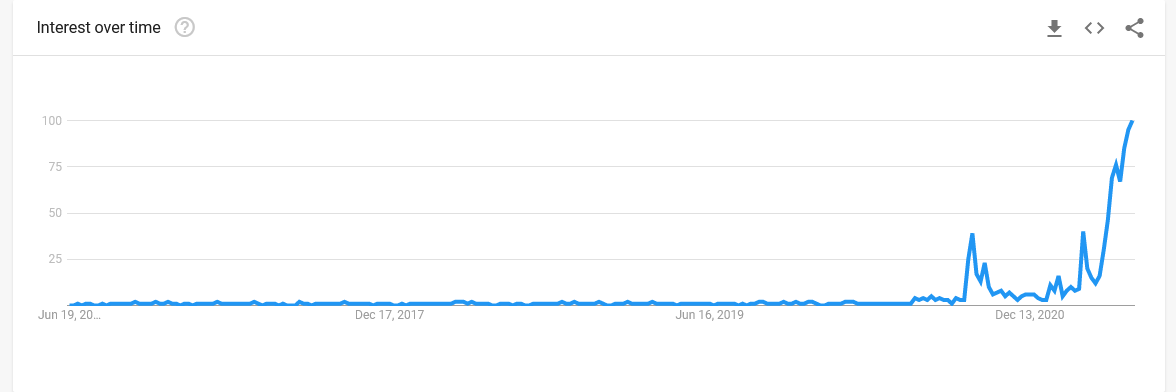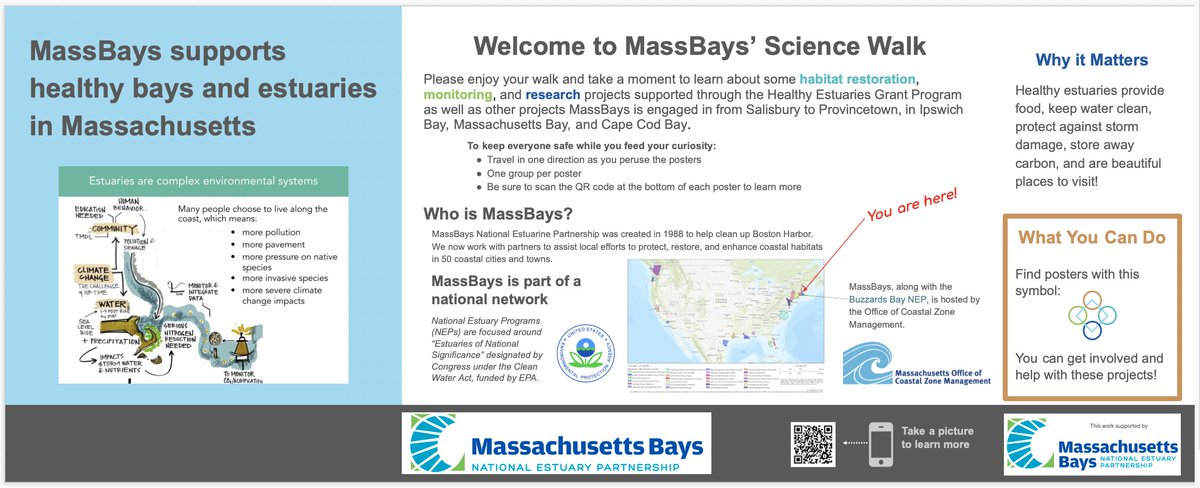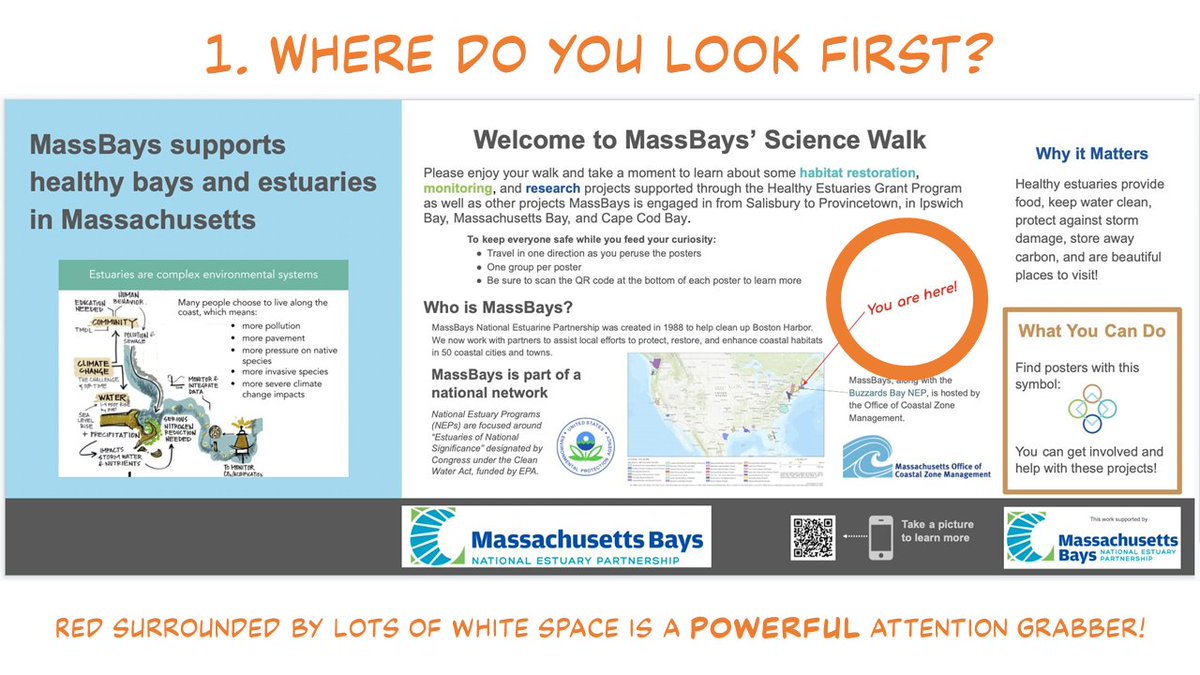
I'm supposed to wind up my threads today!
I want to try to articulate ideas that have been running around in my head this week about
how often we treat good #SciComm as an individual problem
instead of a systemic problem. 🧵 1/15
I want to try to articulate ideas that have been running around in my head this week about
how often we treat good #SciComm as an individual problem
instead of a systemic problem. 🧵 1/15
I just released a book that mostly focuses on helping scientists - particularly early career researchers - be better communicators using the poster medium.
I think that's a pretty classic #SciComm concern. "Here's help with your skills!" 2/15
I think that's a pretty classic #SciComm concern. "Here's help with your skills!" 2/15
In retrospect, I'm glad I wrote a section for conference organizers.
Earlier this week, I live tweeted a webinar that reminded us how many design (and communication) decisions are made by a few people with power.
Like conference organizers. 3/15
Earlier this week, I live tweeted a webinar that reminded us how many design (and communication) decisions are made by a few people with power.
Like conference organizers. 3/15
You can have finely honed poster making skills (say), but if conference organizers just make a few bad decisions, all your skills won't matter much. 4/15
Another example: In the US the last few days, there's been several news stories about fights over critical race theory.
(Before you grumble about me going off topic and talking humanities and not science, bear with me for a few tweets.) 5/15
(Before you grumble about me going off topic and talking humanities and not science, bear with me for a few tweets.) 5/15
Critical race theory has been around for decades. But it sure feels like the US went from "zero knowledge" to "full on shouting matches in local school board meetings" FAST. 6/15 

And the major news has been that several US state governments passed legislation about "critical race theory" for K-12 schools (even though it's normally taught in law school or grad school - not to kids). 7/15
My point (and I do have one!):
If you're interested in #SciComm, pay attention to what's happening to critical race theory. See how fast something can go from "obscure academic subject" to "regulated by the full force of government."
Systemic exercise of power. 8/15
If you're interested in #SciComm, pay attention to what's happening to critical race theory. See how fast something can go from "obscure academic subject" to "regulated by the full force of government."
Systemic exercise of power. 8/15
Governments do try these sorts of things with science from time to time. abc.net.au/radionational/… 9/15
People with power often use that to create systems and institutions.
People who want to spread misinformation have been very good about creating systems to do do that. 10/15
People who want to spread misinformation have been very good about creating systems to do do that. 10/15
For that matter, people with power can also create systems that unintentionally spread misinformation.
Social media algorithms were probably not meant to amplify anti-science nonsense, but a lot of them have done. 11/15
Social media algorithms were probably not meant to amplify anti-science nonsense, but a lot of them have done. 11/15
People with power can also create systems to spread accurate #SciComm information. But there is no guarantee that systems for accuracy and those for fantasy are equal at any time. 12/15
Last year, institutions that had a reputation for reliability, institutions like the CDC, got accused of inconsistency and political interference.
Systems for good #SciComm can't be taken for granted. 13/15
Systems for good #SciComm can't be taken for granted. 13/15
Scientists have data and sometimes have public respect, but sometimes that kind of pales next to billions of dollars, ownership of multiple national media outlets, and legislatures that can pass laws. 14/15
So as much as I love ❤ the individuals who sweat working on their communication skills, I would like the #SciComm community to think more about the high level power systems in play shaping science communication. 15/15
• • •
Missing some Tweet in this thread? You can try to
force a refresh











